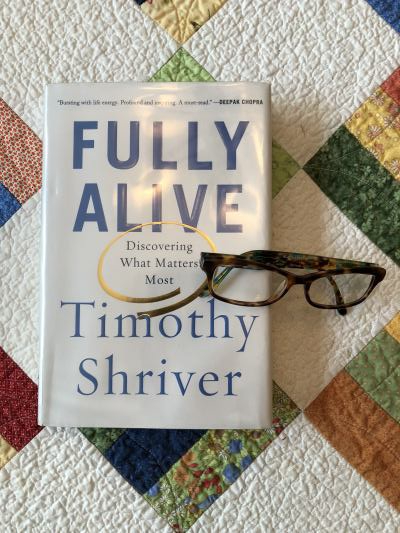Be respectful, above all else. Someone who has a disability should be afforded the same amount of respect as anyone else. View others as people, not impairments.
My daughter is short. She’s an adult but looks younger than her years. She speaks softly, especially in situations where she lacks confidence, situations that include walking up to a reception desk that comes nearly to her chest and talking through a window with someone she doesn’t know who is seated on the other side. And on that other side, many people sit at many computers among lots of files and equipment. For some, it is an intimidating window.
She is excited about why she is here. She is picking up an item she ordered weeks ago – something she selected and paid for herself. This is a friendly place, one where people have treated her well in the past. It’s not a busy, loud, big-box store with lots of people standing in line. It’s calm and quiet. We are the only ones approaching the desk, and so I don’t think twice – well, maybe twice but certainly not thrice – about encouraging her to go to the desk as I stand back in support.
She states why she is here, but maybe she isn’t loud enough, or maybe she doesn’t state with enough detail the task at hand. She gets nervous and hesitant to talk in public because so often people can’t hear or understand her. Yet she keeps trying. She makes a good effort this day, but the person behind the window doesn’t hear her.
Use a regular speaking voice and vocabulary and talk to her just like you would talk to someone without a disability.
I feel a familiar sinking in my being that comes from watching my daughter try to talk with someone and, once again, not being heard. Often my daughter looks to me for help. But not this time.
The person behind the window asks her to speak up. My daughter again states her business; she never appears bothered by having to repeat herself. The person behind the window rises to get closer. She raises her voice. She talks while my daughter is talking. Then she looks at me.
Speak directly to the person, not to an aide or translator. It’s frustrating for someone with a disability to have to deal with people never talking directly to her if she has an assistant or a translator present.
“Are you with her?” the receptionist asks me.
Whether I’m with her or not, where I’m standing should tell the receptionist all she needs to know. The question itself screams at me, accusing me of making the receptionist’s life difficult, of somehow inconveniencing her.
“Yes.”
That’s all I’m willing to offer directly to this woman. I look away from her and focus on my daughter with gentle prompts about what to say. I realize this is a way of speaking for her, and it hurts me. I realize also that I am sending a message to the receptionist: talk with my daughter, not with me.
Be patient and ask questions, if necessary. … Always let her speak and work at her own pace, without you egging her to talk, think, or move faster.
It’s not that I don’t want to help. I do, in fact, want to help. But my daughter doesn’t need my help. She is perfectly capable of communicating why she is there. She just needs the person on the other end of the conversation to slow down, listen and ask the right questions.
Once the receptionist understands my daughter’s mission, she asks her name. My daughter says her first name loudly. With my prompting, she also offers her last name. But the receptionist isn’t listening. For a moment, I think she is considering whether it’s worth the trouble to ask for the last name.
Again my daughter says her last name and this time communicates it successfully. We are told to sit in the waiting room until called.
As my daughter sits down next to me, I feel a sense of relief emanate from her. She offers something else:
“My ears were filled up,” she says, trying to explain away the difficulty she had at the desk. I can’t be sure of her meaning, but I equate it to the full-headed feeling I get when dealing with overwhelming stress. I’m sorry that she feels the need to say this.
Back at home I’m in a mood and get exasperated when I find that my husband plans to grill chicken and hamburgers for dinner. What is he thinking? But I settle down and sort my emotions. I tell him about the receptionist, that she made me feel like we were an inconvenience at least and a downright nuisance at most.
I try, too, to put myself in the receptionist’s shoes. I wonder whether she was having a bad day herself, whether she was frustrated with something in her life that affected how she dealt with us. Similar to how I dealt with my husband?
And the world goes ‘round and I am left with this last bit of advice from the same article in the wise and surprising wikiHow:
A good habit to be in is to act kindly and considerately towards everyone; you can’t know someone’s situation by just looking at her.

